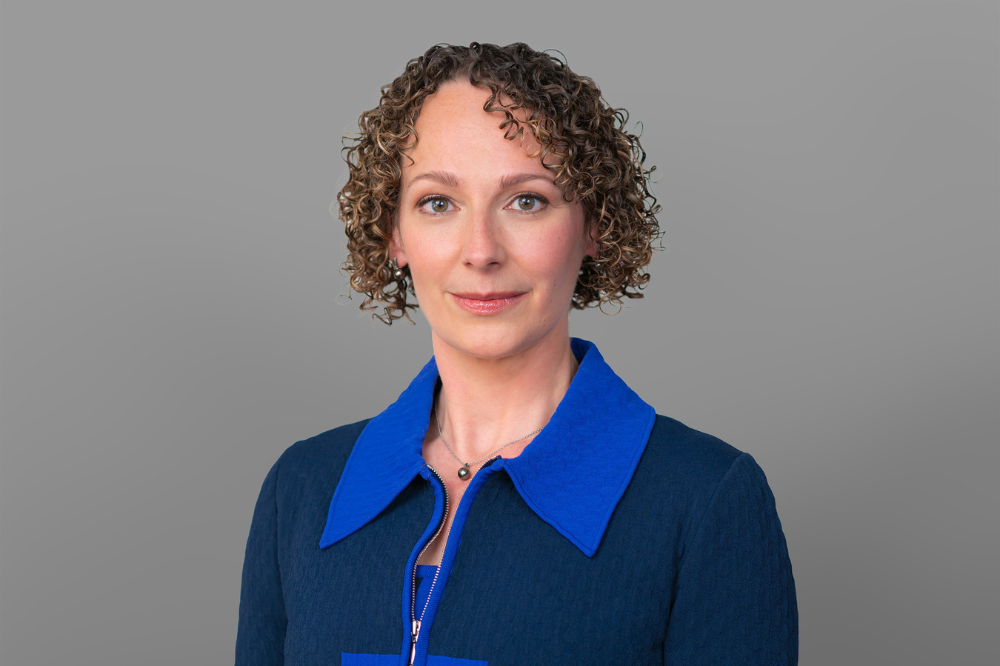![]()
The tribunal found that Olivier Argence-Lafon, a former ARK senior underwriter, had been unfairly dismissed under section 98 of the Employment Rights Act, but it did not have jurisdiction on one allegation relating to protected disclosures, and a claim under section 103A of the act failed. The tribunal also said it was not “well founded” that protected disclosures by the claimant had led to him being put on a performance review plan.
Claim concerns
Argence-Lafon, a senior underwriter with 17 years’ experience who joined ARK in 2018 when the business acquired part of PartnerRe’s marine and energy portfolio, had raised concerns about Italian oil company ENI and joint venture partner Essar E&P’s 2019 Ken Bau claim relating to an “underground blowout” when drilling a Vietnamese offshore well, according to a tribunal document.
Argence-Lafon raised concerns following a loss adjuster report that found the $63.7 million claim was covered and the acceptance of the claim by its insurers, of which ARK was one. He continued to raise doubts despite a second independent loss adjuster’s assessment that corroborated the initial report’s findings.
“Based on the information provided, I am convinced this is not a valid claim,” Argence-Lafon said in a September 2020 internal email.
Performance targets
That November, the claimant was set nine personal objectives and “expressed reservations” about three of them, according to a tribunal document. At the time, the team had underwritten a total of 283 risks, with another senior underwriter on the team having underwritten 203 of these, and the claimant having underwritten 22, “which was lower than the risks” underwritten by junior underwriting colleagues, the tribunal document said.
A series of performance related meetings took place between the claimant and his manager, at which Argence-Lafon disputed the “appropriateness” of his objectives but ultimately grudgingly accepted them, according to the tribunal judgment.
In an April 2021 meeting with ARK group CEO Ian Beaton that followed these, Argence-Lafon again raised concerns about the Ken Bau claim, as well as alleging that “negative competition and ego were at play” in the team, the tribunal document said.
A “complex” claim
ARK carried out an investigation into the ENI and Essar E&P claim that month, under Beaton’s instruction, and reviewed some 300 pages of documents. It concluded that there was “no evidence to support the claimant’s allegation that the ENI claim was fraudulent and no merit to the claimant’s view that there had not been an underground blowout”, according to the tribunal document.
“This is clearly a highly technical and complex claim,” the report said.
“Whilst there must be an element of subjectivity over the exact quantum and indeed the cause of the claim, based on preliminary investigation, there is little evidence to substantiate even a suspicion of fraud.”
The claimant continued to raise concerns around the energy claim’s validity, and in May 2021 submitted a report entitled “Why I consider the ENI Ken Bau loss is fraudulent”. He also continued to allege that three of nine of his performance objectives were not “realistic or achievable”. This is according to the tribunal document.
On May 6, the claimant was offered a settlement agreement that would see him exit the business, with salary to be paid until the end of the year, according to the document.
In a letter that followed in June appealing a grievance process, the claimant’s solicitors alleged: “In both cases our client believes that employees of Ark […] have deliberately ignored the ENI claim fraud and/or been complicit in it.”
“Our client has clearly stated that he believes that EB and PD set unreasonable objectives and created unjustified concerns about our client’s performance because of his protected disclosures about the ENI claim fraud,” the letter further alleged.
In August, the claimant was terminated, with the business having concluded there had been a breakdown of “trust” in the team and that his objectives had been appropriate for a senior underwriter.
Unfair dismissal
The tribunal ruled that while Argence-Lafon had made protected disclosures, this had “played no part” in the targets that the claimant was set, nor had later disclosures that were not protected led to him being put on performance review.
However, it did find that he had been unfairly dismissed.
Over 2.5 years at the business, “he had not had regular appraisals, he had not been set personal objectives, it had not been made clear to him what targets he was expected to achieve, it had not been drawn to his attention that what he was achieving in terms of risk and submission count and premium income was significantly below what was expected,” the tribunal said.
Under the 2020 targets, he had been expected to double monthly premium income and boost submission and risk count by 7.5 times and 5.5 times, according to the document.
“The respondent failed to conduct such investigation as was reasonable and, had it done so, it might have come to a different conclusion,” the tribunal said.
ARK also did not give advance notice that a “breakdown of trust and confidence” would be considered at the dismissal hearing, according to the document.
“For the reasons given above, we concluded that the dismissal was unfair,” the tribunal said in its December judgment.
Argence-Lafon and ENI were contacted for comment.
ARK declined to comment. The business had said it would look to reduce any compensation due in an application to the court “on the grounds that the claimant’s conduct had contributed to his dismissal and because of subsequently discovered misconduct”, according to the tribunal document.
Source




















